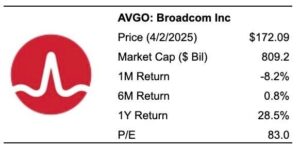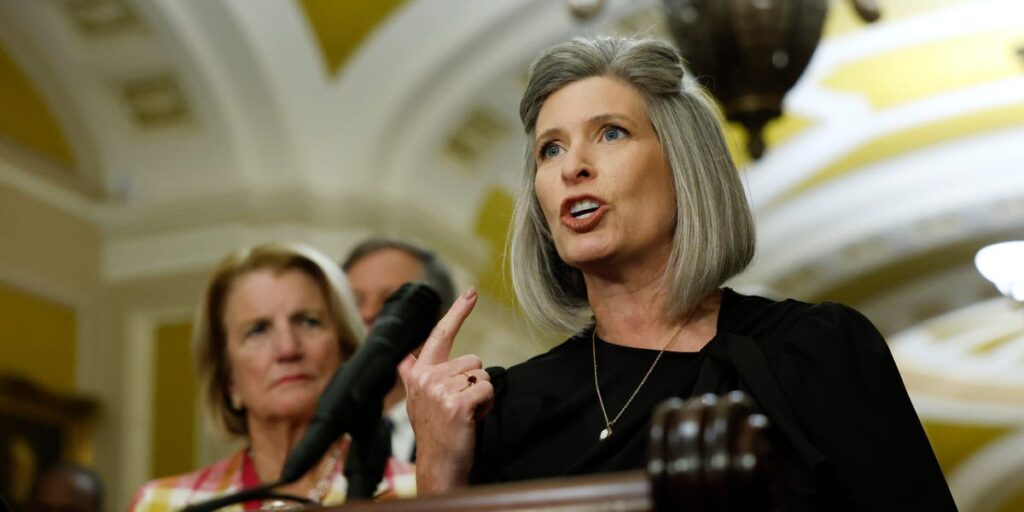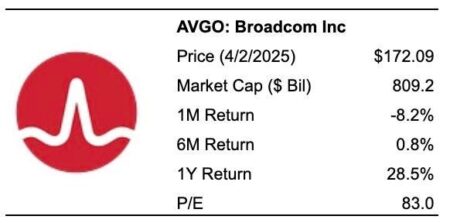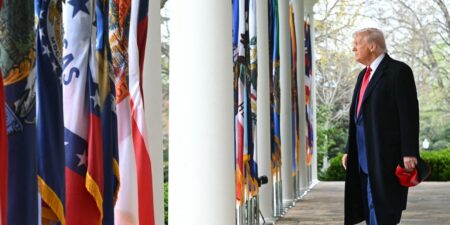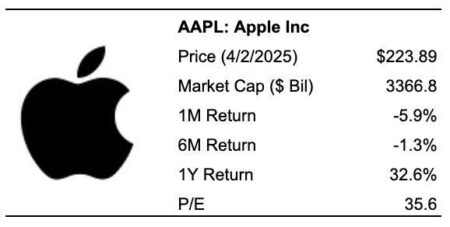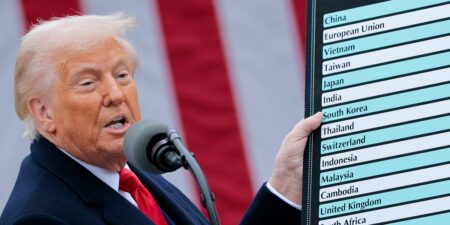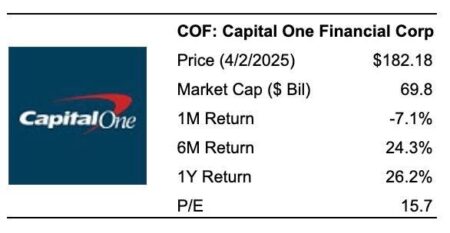Congress responded to the pandemic by pumping trillions of dollars into the economy with an alphabet soup of assistance programs: PPP, PUA, EIDL, EIPs and ERCs. Fraud was rampant, and the government lost an estimated $300 billion.
On Tuesday, Republicans Sen. Joni Ernst and Rep. Roger Williams introduced a bill that would give prosecutors additional time to bring charges of defrauding two of these lesser-known pandemic bailouts: the $28.6 billion Restaurant Revitalization Fund and the $14.6 billion Shuttered Venue Operators Grant.
Ernst’s office cited a 2024 Business Insider investigation, which found that hundreds of millions of dollars flowed from the Shuttered Venues program to some of America’s most successful musicians, including Lil Wayne, Alice in Chains, Marshmello and Chris Brown.
If the bill passes, the timeline to bring charges would extend to 10 years. Ordinarily, prosecutors have five years to bring charges.
“Fraudsters were let off the hook for the last four years, but there is a new sheriff in town,” said Ernst in a statement. “These bad actors stole billions in relief that were meant for hardworking small businesses struggling to keep their doors open. I am ensuring that every last criminal is held accountable and taxpayers get their money back.”
The bill comes three weeks after a federal watchdog estimated that nearly a third of the restaurant fund — $9 billion — was paid out improperly.
Lawmakers made attempts to safeguard pandemic aid funds. They set aside $25 million from a $2.2 trillion pandemic-relief law in March 2020 to set up the Special Inspector General for Pandemic Recovery, and set aside tens of millions of dollars more for the IRS. They also gave prosecutors an extra five years to bring charges when people defrauded two of the Small Business Administration’s key assistance programs.
The Justice Department said in a report last April that over 3,000 people had been charged relating to the abuse of over $1 billion in pandemic funds.
Kelly Loeffler, who was named by President Donald Trump to lead the SBA, has said that pursuing fraud is one of her top priorities. She has said the Biden administration improperly reduced safeguards around the agency’s lending programs.
Under the Trump administration, the SBA has said it will cut its staff by 43%, taking it back to pre-pandemic staffing levels. The agency’s inspector general, its internal watchdog, was among several anti-fraud officials fired by Trump.
An SBA representative didn’t reply to a request for comment.
The pandemic inspector general’s office, known as SIGPR, quietly closed its doors after Congress failed to pass legislation that would extend its mandate. The office had fewer than 60 staffers and its numbers shrank as its closing date approached, according to one of its final monthly reports.
Nennette Day, a retired special agent who served at SIGPR, said that even if deadlines to bring charges are extended, competing enforcement priorities and a loss of investigative momentum could frustrate efforts to hold pandemic wrongdoers accountable.
“All of those cases had to get switched to another agency, which I’ll tell you right now, from experience, almost always kills the case,” she said.
In late March, Congressman Jason Smith, a Missouri Republican who leads the House committee that prepares spending bills, urged the Senate to take action on a measure that would give prosecutors more time to go after unemployment-aid fraud. About $135 billion was lost to criminals, Smith said.
Have a tip? Know more? Reach Jack Newsham via email ([email protected]) or via Signal (+1-314-971-1627). Do not use a work device.
Read the full article here




